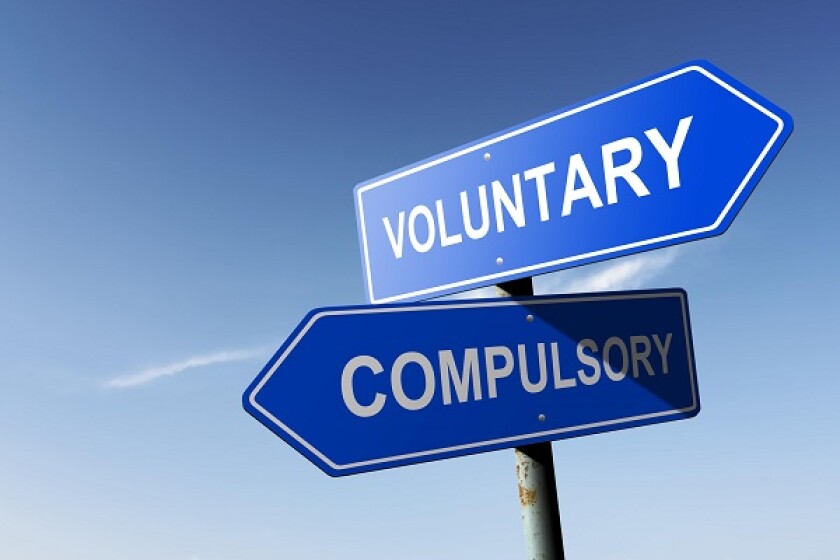The TRIPS Agreement, to which the Philippines is a signatory, enables governments of member countries with no capacity to manufacture medicines to import/export cheaper pharmaceutical products via a compulsory licence. These are medicines for which they would otherwise have paid a higher price because of existing patents.
On January 8 2020, the Intellectual Property Office of the Philippines (IPOPHL) posted the proposed guidelines on the use of special compulsory licences (SCL) and compulsory licences (CL) by way of a Joint Administrative Order (JAO) with the Department of Health (DOH) for comment by the public on or before January 21 2020. This is in line with the government's target of sustainable development goals (SDG). Under the Intellectual Property Code of the Philippines (IP Code), a CL is a licence issued by the director general of the IPOPHL to exploit a patented invention without the permission of the patent holder. SCL refers to the permission granted to import and/or export patented drugs and medicines.
The JAO allows the DOH to import generic versions of the patented products under any of the following circumstances: (i) national emergency or other circumstances of extreme urgency; (ii) where the public interest so requires, in particular, nutrition or health as determined by the DOH; (iii) where a judicial or administrative body has determined that the manner of exploitation of the patent is anti-competitive; (iv) in case of public non-commercial use of the patent by the patentee without satisfactory reason; (v) if the patented invention is not being worked in the Philippines on a commercial scale, although capable of being worked, without satisfactory reason; or (vi) when the demand for patented drugs and medicines is not being met to an adequate extent and on reasonable terms.
The JAO provides for payment of reasonable remuneration to the patent holder, but sets the ceiling for the royalty payment at 5% of the price of generics. The royalty rate shall be in accordance with the guidelines of the United Nations Development Program (UNDP).
The patent holder shall be given the opportunity to comment on the petition for the issuance of a SCL/CL, and the proceedings shall be before the IPOPHL. The parties shall be encouraged to avail of any mode of alternative dispute resolution. Should the patentee fail to file its comment within the required period, the director general of the IPOPHL shall issue the SCL/CL which shall be immediately executory and only the Supreme Court can issue a temporary restraining order (TRO) or preliminary injunction or other provisional remedies.
To avoid the commercialisation of the approved generic product, it shall be distinguished by a different special packaging and/or special colouring/shaping, and the issued Certificate of Product Registration (CPR) shall include the statement "FOR DOH PROGRAM ONLY." The process of securing the SCL/CL from filing of the petition should take only 90 days.
Hechanova & Co., Inc.
Salustiana D. Ty Tower
104 Paseo de Roxas Avenue
Makati City 1229, Philippines
Tel: (63) 2 812-6561
Fax: (63) 2 888-4290












